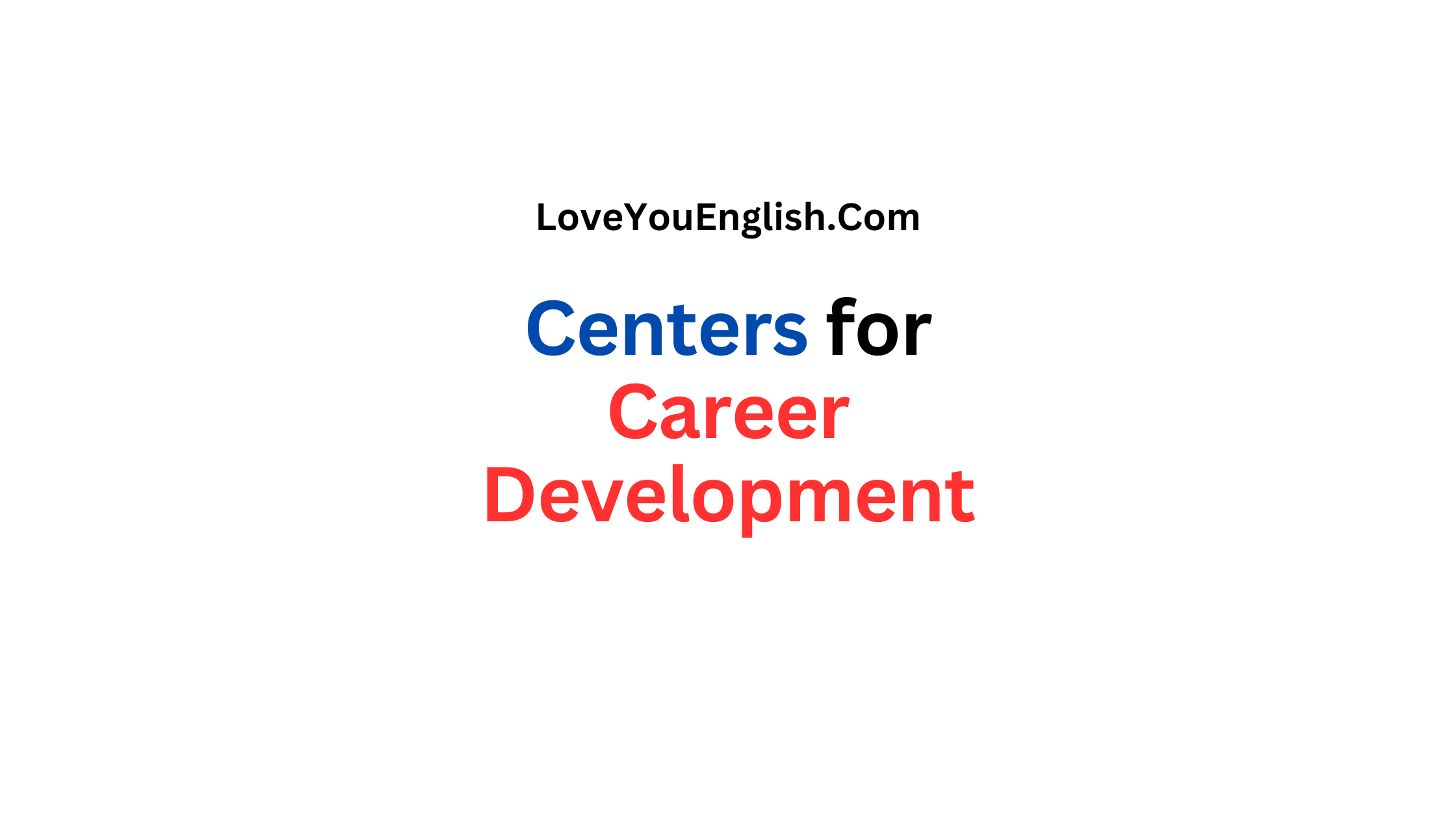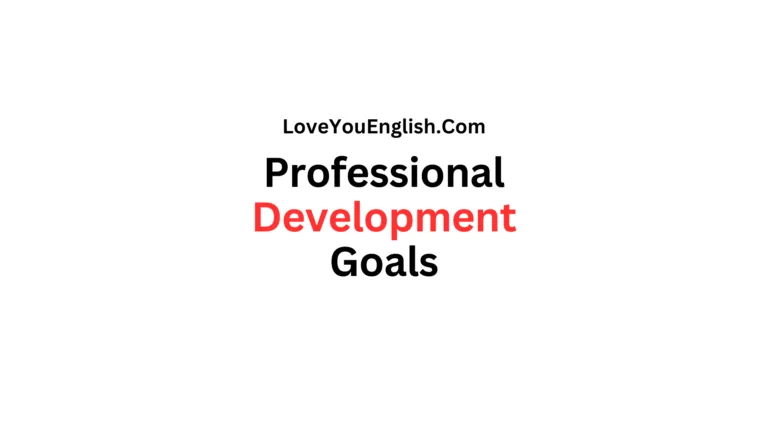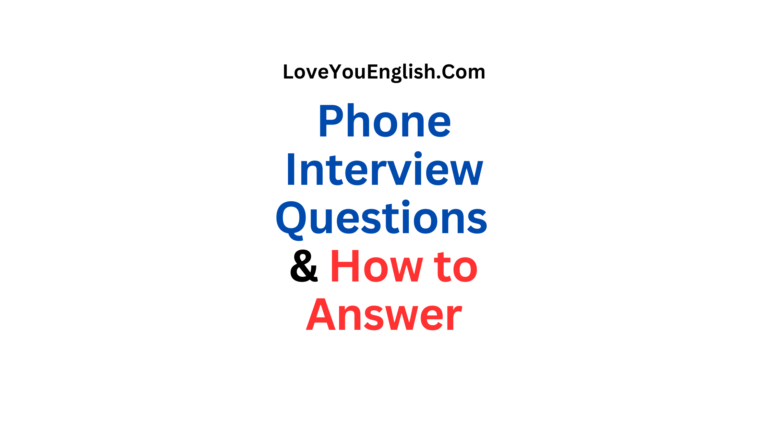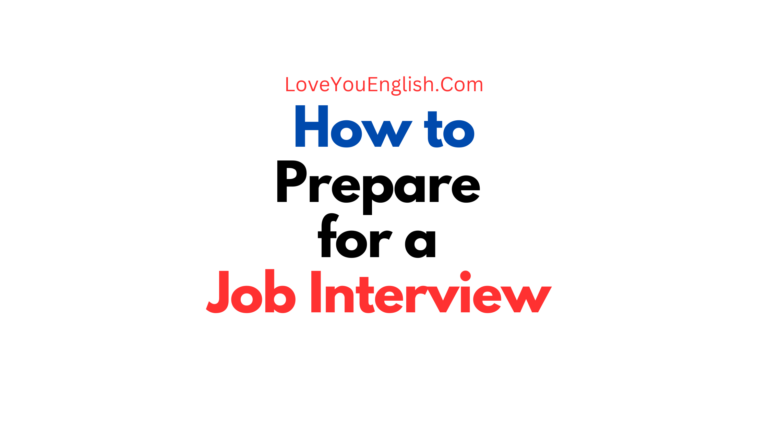Centers for Career Development: A Guide to Professional Success
What is a Center for Career Development?
A center for career development is a place that helps people with their jobs and careers.
You can find these centers at colleges, universities, and even in some communities.
They offer many services to help people find jobs, improve their skills, and plan their careers.
The main goal of a career center is to support people in their professional lives.
Whether you’re a student looking for your first job, someone wanting to change careers, or a professional aiming to move up in your field, a career center can help you.
Services Offered by Career Centers
Career centers provide a wide range of services.
Let’s look at some of the most common ones:
- Career Counseling: This is when you meet with an expert who can help you figure out your career goals. They can help you understand your skills, interests, and values. This can be really helpful if you’re not sure what kind of job you want.
- Resume and Cover Letter Help: Writing a good resume and cover letter is important when applying for jobs. Career centers often have people who can look at your resume and give you tips to make it better.
- Job Search Assistance: Career centers can teach you how to look for jobs effectively. They might have special job boards or connections with companies that are hiring.
- Interview Practice: Many people get nervous about job interviews. Career centers often offer mock interviews where you can practice answering common interview questions.
- Networking Events: These are meetings where you can meet people working in different fields. It’s a great way to learn about jobs and make connections that might help you in the future.
- Career Fairs: These are big events where many companies come to talk about job openings. It’s a chance for you to meet lots of potential employers in one place.
- Workshops and Seminars: Career centers often offer classes on topics like how to use LinkedIn, how to negotiate your salary, or how to start your own business.
- Internship Programs: For students or recent graduates, internships can be a great way to gain experience. Many career centers help connect students with internship opportunities.
- Career Assessments: These are tests that can help you understand your skills and interests. They can give you ideas about what kinds of jobs might be a good fit for you.
- Graduate School Information: If you’re thinking about going back to school, career centers can provide information about different programs and how to apply.
More professional topics:
- 6 Ways to Build Confidence at Work
- How to Prepare for a Job Interview in English
- What Is Personal Development and Why Is It Important?
- Interview Vocabulary: Words Related to Job Interviews
- Linking Short-Term Goals to Long-Term Career Goals
Who Can Use Career Centers?
Career centers are useful for many different people:
- Students: If you’re in college or university, your school probably has a career center. It’s a great place to start thinking about what you want to do after you graduate.
- Recent Graduates: Just finished school? A career center can help you find your first professional job.
- Career Changers: If you’re thinking about switching to a new field, a career center can help you figure out how to make the change.
- Job Seekers: Whether you’re unemployed or just looking for a better job, career centers have resources to help with your search.
- Professionals: Even if you have a job, you might use a career center for help with things like improving your skills or planning your next career move.
- Entrepreneurs: If you’re thinking about starting your own business, some career centers offer resources for entrepreneurs.
How Career Centers Can Help at Different Career Stages
Let’s look at how a career center might help you at different points in your working life:
Starting Out (Students and Recent Graduates)
If you’re just beginning your career, a career center can be incredibly helpful.
They can assist you with:
- Exploring different career options
- Writing your first resume and cover letter
- Finding internships to gain experience
- Preparing for your first job interviews
- Understanding how to behave in a professional workplace
Mid-Career (5-15 Years of Experience)
At this stage, you might be looking to advance in your field or considering a change.
A career center can help with:
- Updating your resume to highlight your accomplishments
- Improving your leadership and management skills
- Exploring options for further education or certifications
- Networking with others in your industry
- Planning your next career move
Late Career (15+ Years of Experience)
Even with lots of experience, you might find a career center useful for:
- Staying up-to-date with changes in your industry
- Mentoring younger professionals
- Exploring options for phased retirement
- Finding ways to share your expertise, like consulting or teaching
- Planning for life after full-time work
Tips for Making the Most of a Career Center
Here are some ways to get the most out of your career center:
- Start Early: Don’t wait until you’re about to graduate or desperately need a job. The earlier you start using the career center, the more you can benefit.
- Be Proactive: Career centers have lots of resources, but it’s up to you to use them. Don’t be shy about asking for help or signing up for events.
- Prepare for Meetings: If you’re meeting with a career counselor, think ahead about what you want to discuss. Bring your resume or any other relevant documents.
- Follow Up: If a career center staff member gives you advice or a task to do, make sure you follow through. Then let them know how it went.
- Use Online Resources: Many career centers have online tools you can use anytime. Take advantage of these.
- Attend Events: Go to as many workshops, networking events, and career fairs as you can. These are great opportunities to learn and make connections.
- Give Feedback: If you found something particularly helpful (or not helpful), let the career center know. This helps them improve their services.
The Changing Role of Career Centers
Career centers are always adapting to changes in the job market and the needs of job seekers.
Here are some ways career centers are evolving:
- Focus on Skills: With jobs changing quickly due to technology, career centers are putting more emphasis on helping people develop flexible, transferable skills.
- Online Services: Many career centers now offer virtual counseling sessions, online workshops, and digital resources that you can access from anywhere.
- Lifelong Learning: Career centers are increasingly serving not just students, but alumni and community members throughout their careers.
- Diversity and Inclusion: There’s a growing focus on helping people from all backgrounds succeed in their careers.
- Entrepreneurship: As more people become interested in starting their own businesses, some career centers are offering resources for entrepreneurs.
- Data-Driven Approach: Career centers are using data to better understand job market trends and help people make informed career decisions.
Common Challenges and How Career Centers Can Help
Let’s look at some common career challenges and how a career center might help:
- Challenge: “I don’t know what I want to do.”
- How a Career Center Can Help: Career assessments, counseling sessions, and information about different career paths can help you explore your options.
- Challenge: “I can’t find a job in my field.”
- How a Career Center Can Help: Job search strategies, resume review, and connections with alumni or employers in your field could open up new opportunities.
- Challenge: “I want to change careers, but I’m not sure how.”
- How a Career Center Can Help: Career counselors can help you identify transferable skills and create a plan for transitioning to a new field.
- Challenge: “I’m not getting called for interviews.”
- How a Career Center Can Help: A review of your resume and cover letter, plus tips on how to make your application stand out, could improve your chances.
- Challenge: “I’m nervous about networking.”
- How a Career Center Can Help: Workshops on networking skills and opportunities to practice at events can help build your confidence.
Success Stories: How Career Centers Make a Difference
Here are a few examples of how career centers have helped real people:
Sarah, a history major, wasn’t sure what she could do with her degree. After taking a career assessment and talking with a counselor, she discovered her skills were a great fit for museum education. The career center helped her find an internship at a local museum, which led to a full-time job after graduation.
Mike had been working in sales for 10 years but felt stuck. Through career counseling, he realized he was more interested in the training aspect of his job. The career center helped him identify some additional courses he could take to transition into a corporate training role.
Lisa had been out of the workforce for several years raising her children. The career center helped her update her resume, practice her interview skills, and connect with local employers who were open to hiring people returning to work.
Ahmed was an international student worried about finding a job after graduation. The career center provided information about visa requirements and connected him with alumni working in his field who could offer advice.
The Future of Career Development
As the world of work continues to change, career development will become even more important.
Here are some trends we might see in the future:
- More Focus on Soft Skills: Things like communication, adaptability, and emotional intelligence are becoming increasingly valued by employers.
- Continuous Learning: With jobs and industries changing quickly, people will need to keep learning throughout their careers. Career centers may offer more ongoing education and training.
- Remote Work Support: As more people work from home, career centers may offer more help with things like virtual networking and managing remote teams.
- AI and Automation: Career centers may need to help people understand how these technologies are changing jobs and how to adapt.
- Holistic Approach: Career development may be seen as part of overall well-being, with career centers offering support for work-life balance and career satisfaction.
How to Find a Career Center
If you’re a student, start by checking if your school has a career center. Most colleges and universities do.
If you’re not a student, you might still be able to use your alma mater’s career center. Many schools offer services to alumni.
Some communities have public career centers. Check with your local library or unemployment office for information.
There are also online career development resources, like LinkedIn Learning or Coursera, which offer courses on career-related topics.
Conclusion
A center for career development can be a valuable resource throughout your working life. Whether you’re just starting out, looking to advance, or considering a big change, career centers offer tools, advice, and support to help you succeed.
Remember, your career is a journey, and it’s okay to ask for help along the way. A career center can be like a helpful guide, offering direction when you’re not sure where to go next.
So why not reach out to a career center?
Whether you have a specific question or just want to explore your options, they’re there to help.
Your next big career move might be just a conversation away!







